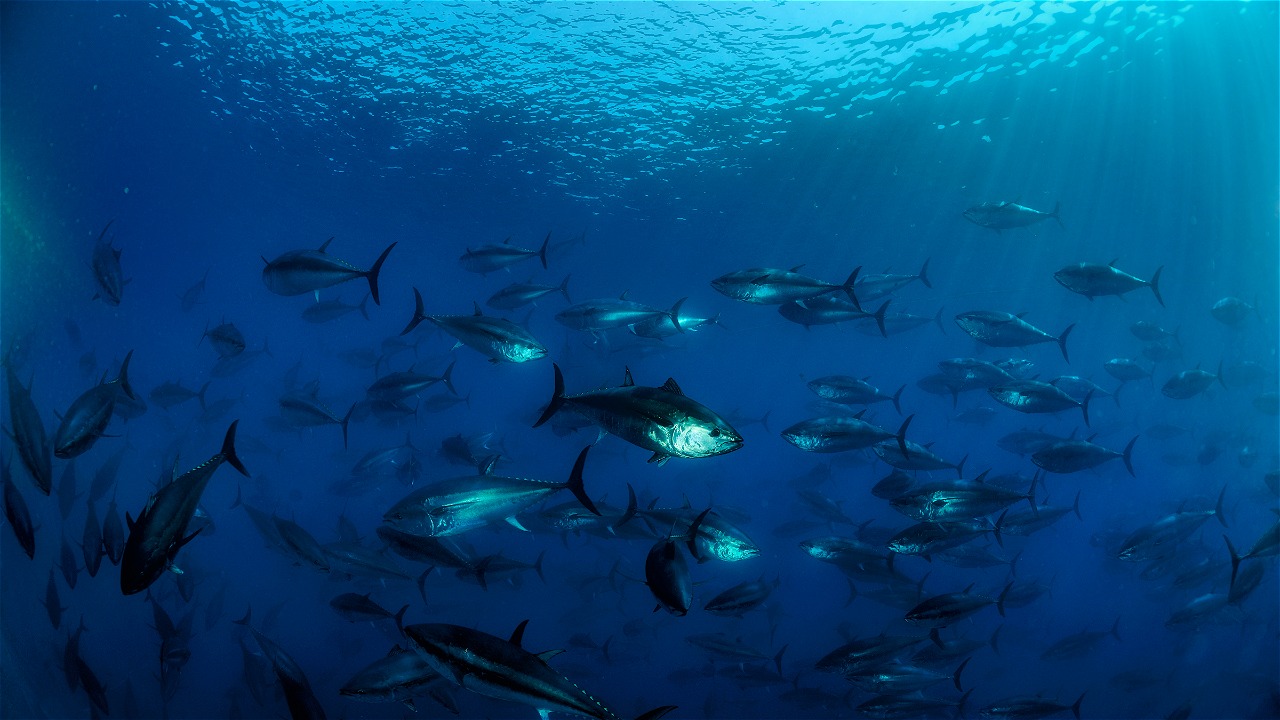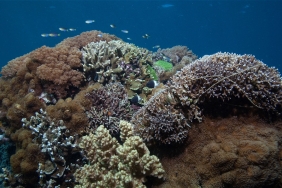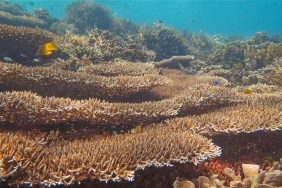TUNA LOSS AND NON-COMPLIANCE AMONG FISHERIES COMMISSION MEMBERS IN THE WEST AND CENTRAL PACIFIC
Apia, Samoa - WWF is calling on members of the Western and Central Pacific Fisheries Commission (WCPFC) to take swift and decisive action to prevent the possible loss of two key stocks of tuna and the danger of depletion of other species.
"But the commission should urge its members such as China, Japan, Korea and Chinese Taipei to start providing catch and effort data from their fishing fleets," said Bubba Cook, WWF's Western and Central Pacific Tuna Program Manager.
The 33 member countries of the WCPFC are meeting December 1-5 in Apia, Samoa, to follow up on the Inter American Tropical Tuna Commission's (IATTC) decision last October to nearly halve the catch quota for Pacific Bluefin Tuna in the eastern Pacific Ocean.
The scientific recommendation to both commissions, encompassing significant overlap from member states, is that the fate of the Pacific Bluefin Tuna depends on a small number of spawning tuna stocks that are nearing the end of their cycle. That tiny fraction of the overall population is currently at a decisive level of less than four percent.
The stock of Bigeye Tuna now stands at only 16 percent and is overexploited, while alarming declines are occurring in the stocks of skipjack, albacore, and yellowfin.
WWF urges WCPFC members to heed these scientific recommendations and halve the catch of juvenile Pacific Bluefin Tuna, which currently makes up 90 percent of the catch.
Other measures for tuna in general include strictly limiting the number of fishing vessels, adopting a long-term stock recovery plan with restrictions on biological reference points, and reducing reliance on FADs.
Cook said the frequent refusal by some countries to provide basic information on the operations of their fishing fleets as required by the WCPFC undermines basic fisheries management, monitoring and surveillance, and imposes additional costs and losses on members who comply with regulations.
"This is willful non-compliance with international law and regulations, and the WCPFC cannot continue to accept the same excuses it has been accepting for nearly a decade," Cook said.





